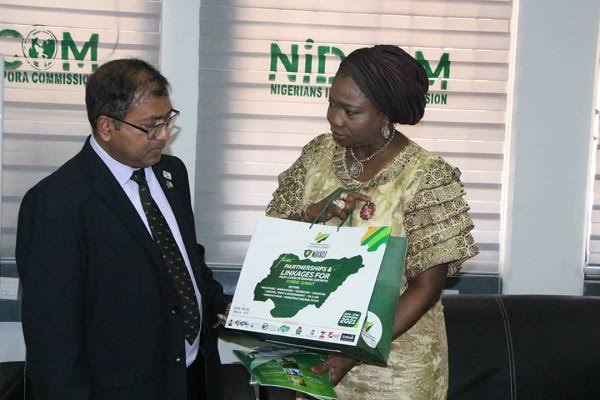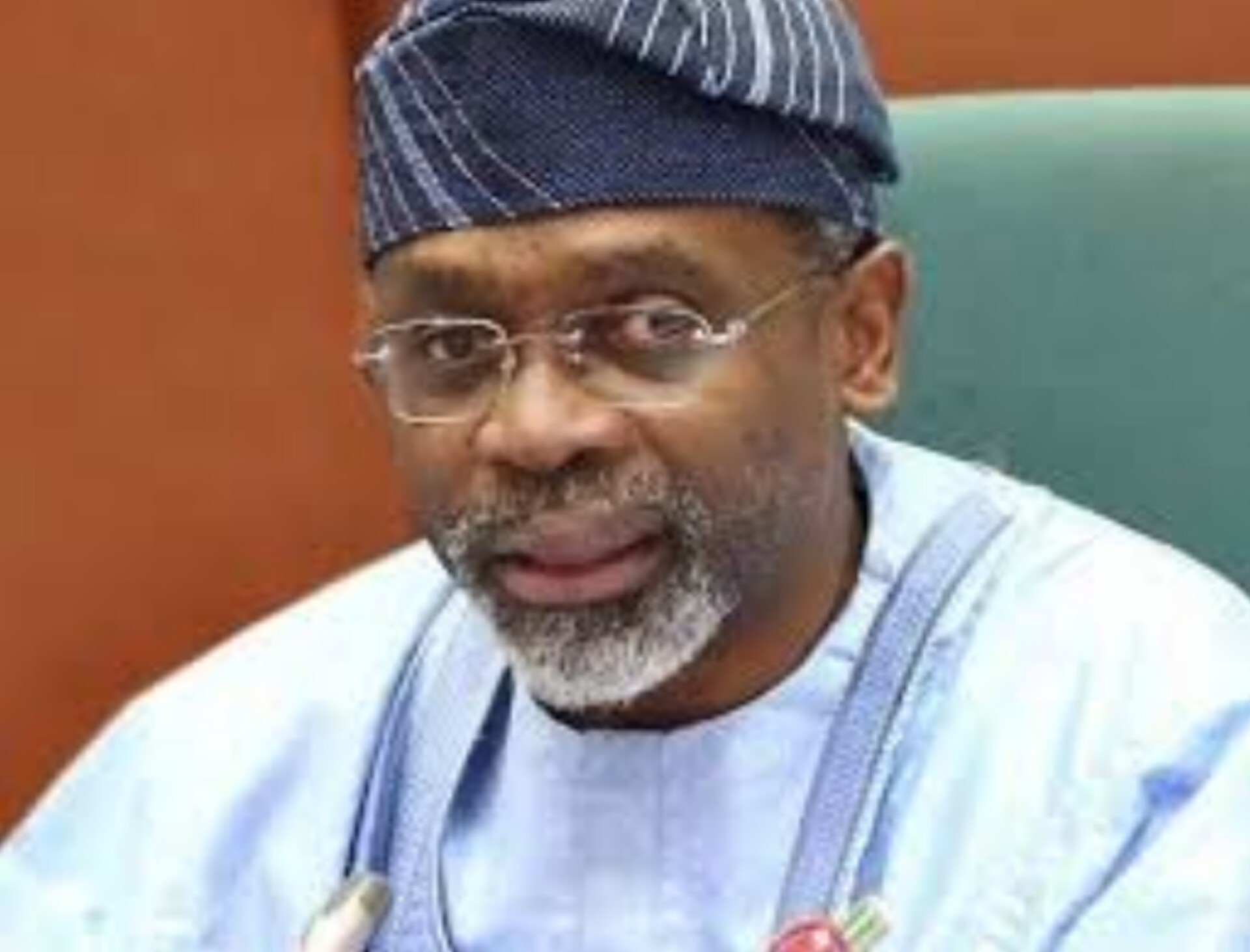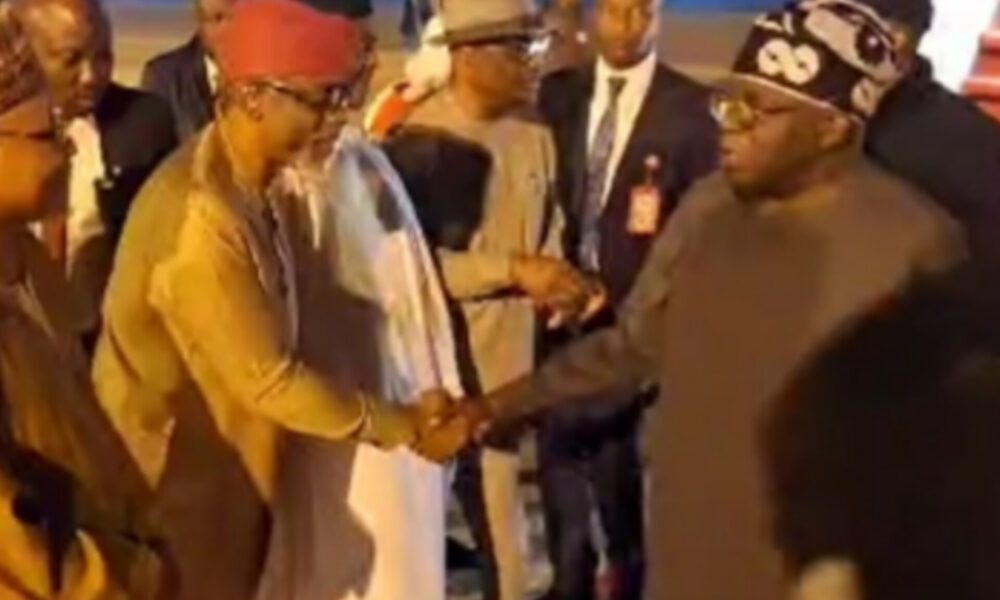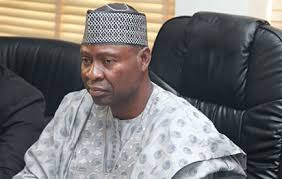By Friday Idachaba, Lokoja
As Nigeria tries to reduce its dependence on oil and diversify revenue sources, African Center for Asia Plus Bangladesh Studies (AfCA 00+BS) has called on both countries to take full advantage of their potentials.
Director-General, AfCA+BS, Mr Roberts Achanya (Bob) made the call while speaking with newsmen on Sunday in Lokoja.

The DG said he was making the call in collaboration with the Nigeria Bangladesh Business and Technology Forum (NBBTF), also an accredited trade group.
Achanya said that the Nigeria Bangladesh relations study as undertaken by the AfCA+BS in 2022, generally summarized that Nigeria and Bangladesh could facilitate better and expanded bilateral trade and investments.
This, according to him, could be in “Continuous high level engagement by the governments, private sector and researchers; mutual respect and reciprocity, articulating goals and weaknesses, and practical business-to-business networking.
He said that the study indicated progressive growth in such areas as pharmaceuticals/health, finished Clothing, Textiles and Garments (CTG), ceramics, iron mongering, electricals, education, in favour of Bangladesh.
“Nigeria needs to take advantage of the concentric diversification initiative of the current NDP (2021-2025), to scale up export to Bangladesh in sectors of comparative advantage.
“As at 2012, trade between the two countries stood at US$14 million in 2012 while in 2014, the Bangladesh Tariff Commission prepared a feasibility study for the benefit of signing new Free/Preferential trade agreements with African states.
“The need for expanding trade and investments anchored on a confident and willing private sector allows both sides to align incentives and to create the binational interest for the desired goals”, he said.
Achanya further explained that the NBBTF, in pursuit of its objectives of economic content and diplomacy, had undertaken a few courtesy engagements with the Bangladesh High Commissioner, His Excellency Masudur Rahman.
He said that Rahman had advocated a robust Nigeria-Bangladesh bilateral relations showcasing Bangladesh’s export potentials.
The Director-general said that during Nigeria’s hosting of the 2010 Developing 8 (D8) Countries meeting in Nigeria, Prime Minister of Bangladesh Sheikh Hasina paid an official visit to Abuja.
The trained Architect, Development and Business Consultant said the visit was followed by opening of the Bangladesh High Commission in Abuja, Nigeria in 2016.
He said Bangladesh and Nigeria expressed mutual interest to expand their bilateral trade and investment relations in areas of comparative advantage with Bangladeshi expertise in pharmaceuticals, knitwear, cement, jute and jute goods and ceramics.
Other areas of cooperation among the two countries are in ocean-going vessels, light engineering, leather and plastic goods which have been identified as products with huge potentials in the Nigerian market.
Nigeria on the other hand though already trading with Bangladesh on very small scale, must engage Bangladeshi businessmen through Joint Ventures to invest in the Agriculture, Pharmaceuticals, Medical equipment, ICT, Food-processing, and Education sectors of Nigeria.
According to Achanya, it is generally believed that investments or forging strong commercial links between the two nations can bring huge profits for both investors/exporters.
The DG who is also one of Nigeria’s leading PPP subnational promoters and facilitators however urged Bangladesh to overcome mindsets about Nigeria and Africa which largely remains unexplored. (Ends)




